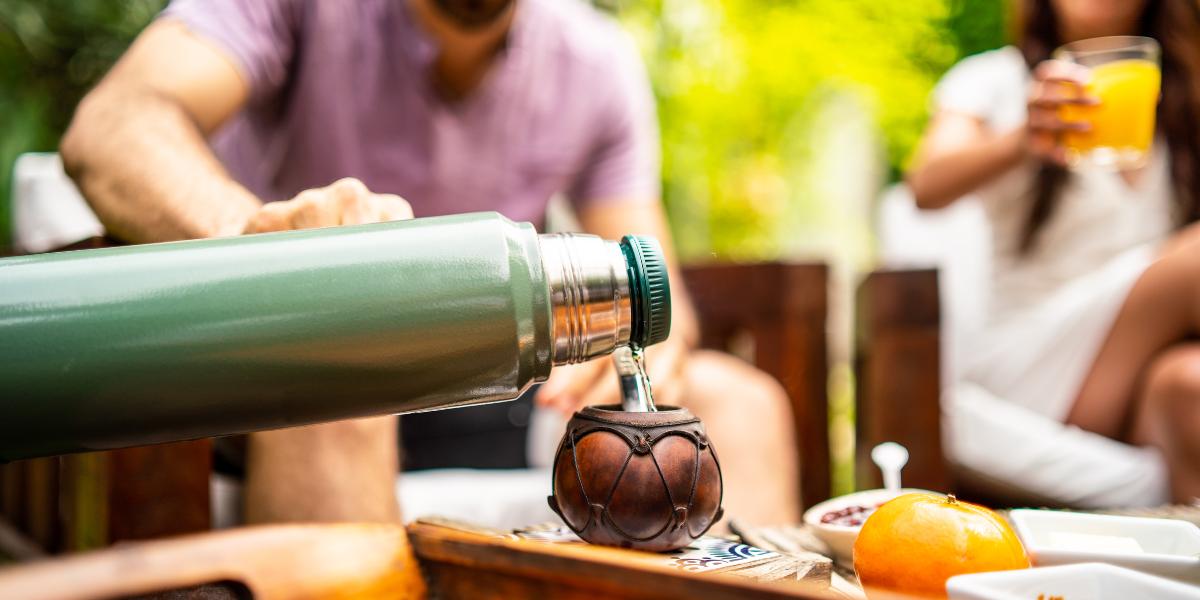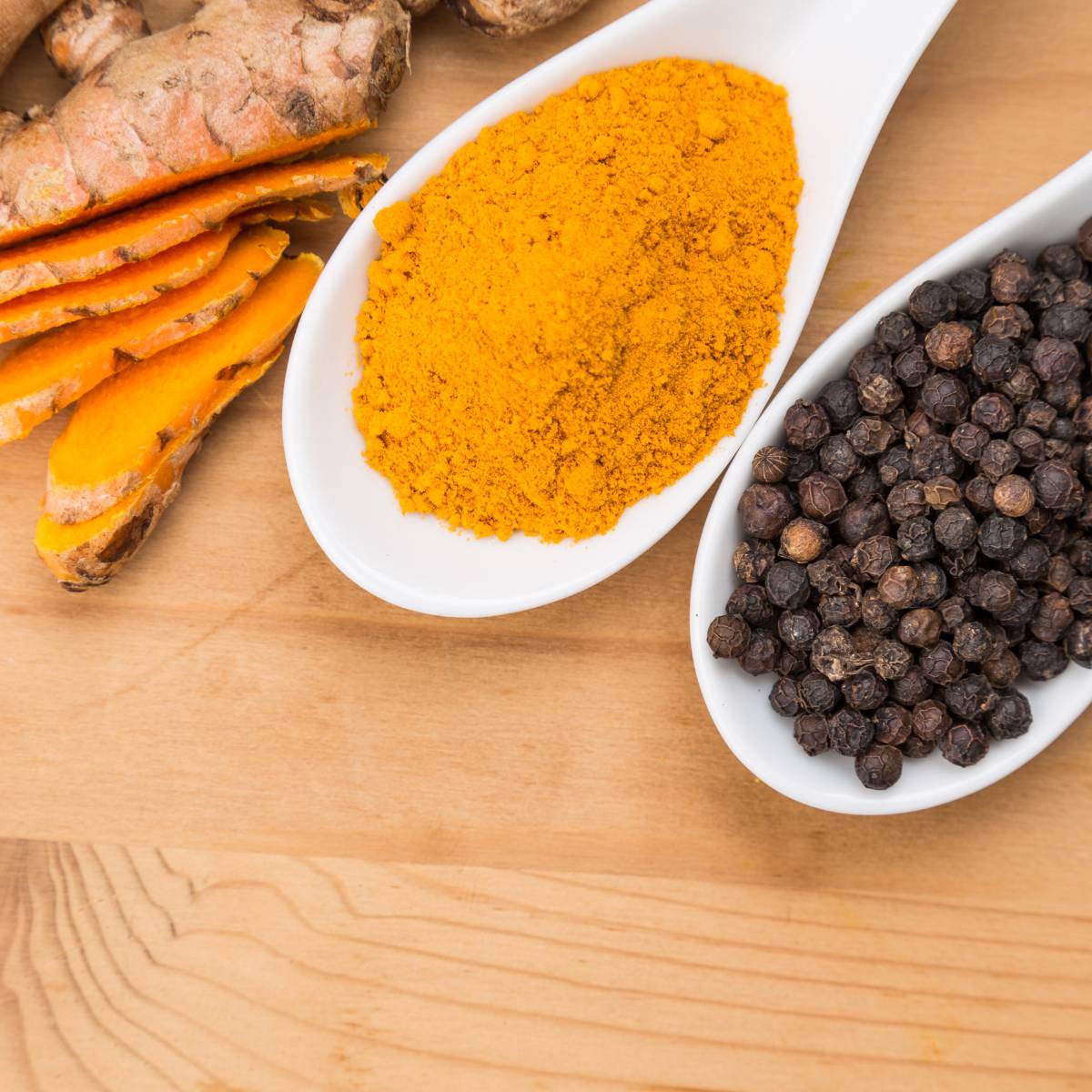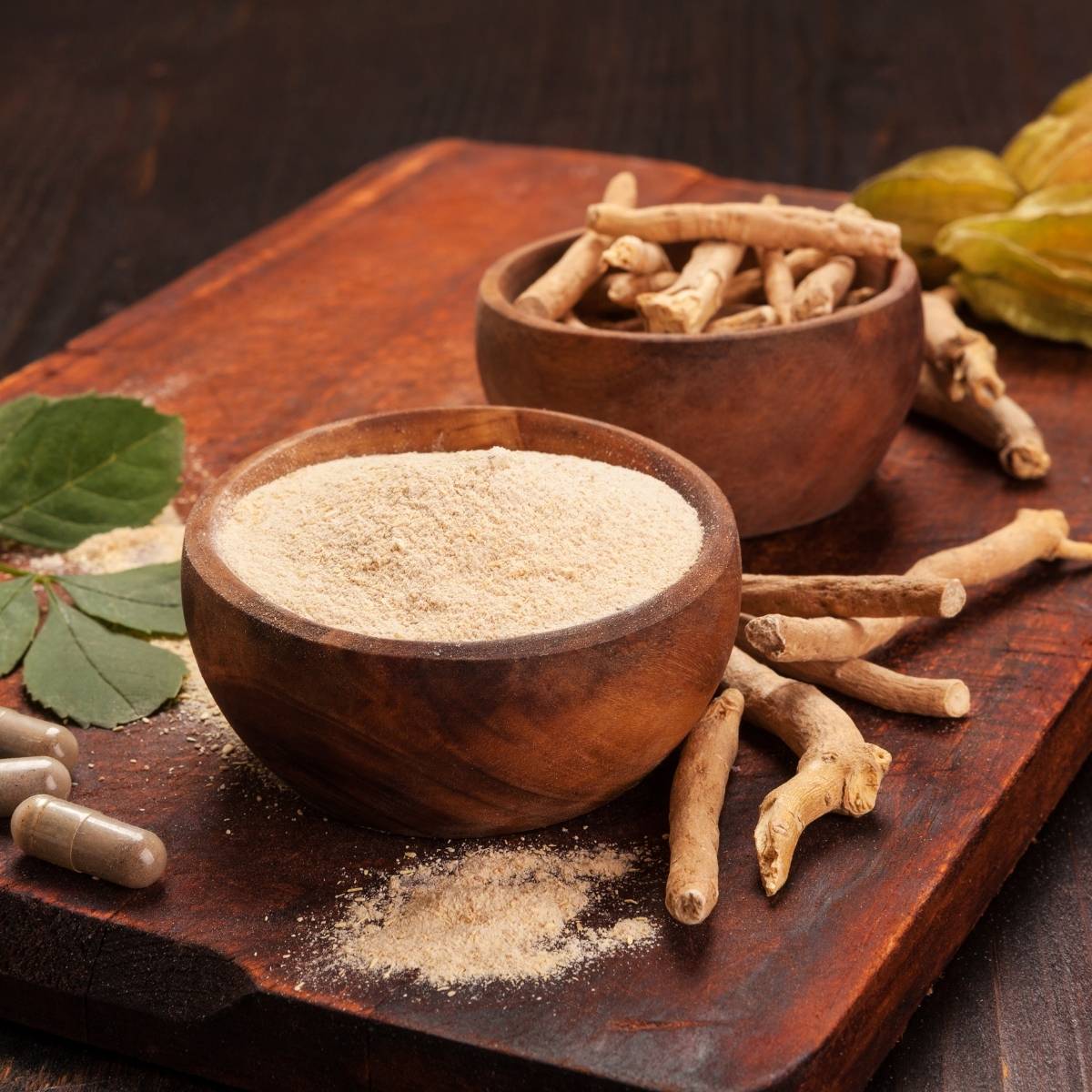Are you tired of relying on caffeine to power through your day, only to crash later with jitters and restlessness? If so, it's time to explore some coffee substitutes for a sustained and jitter-free energy boost. Choosing caffeine-free drinks unlocks a world of possibilities for a sustained uplift in energy, and all through using natural ingredients. Known not only for elevating energy levels, caffeine-free drinks are also renowned for supporting enhanced mental clarity and improved focus without the undesirable caffeine side effects. Our cacao adaptogen blend is a delicious mushroom coffee alternative minus the caffeine. which brings together the goodness of cacao and adaptogens in one seriously health boosting and tasty beverage.
Curious to know more? In this article, we explore the surging popularity of caffeine-free alternatives and uncover the myriad benefits they offer for your health, well-being, and productivity.
Why Do People Drink Coffee and Caffeinated Drinks?
Coffee is undoubtedly a beloved beverage across the globe, cherished for its ability to provide an instant energy boost and heightened alertness. But it’s more than just a pick-me-up. It’s become an integral part of our daily rituals, whether it's sharing a cup with friends or savoring that warm, comforting brew during a quiet moment. The social aspect and the pure pleasure of its taste keep us coming back for more. But there are tasty alternatives that still give you those luxurious moments and productivity benefits, and which also nourish the mind and body with every sip!
What Are the Health Benefits of Reducing Caffeine Intake?
Reducing caffeine intake can have lots of positive effects:
-
Improved Sleep Quality and Sleep-Wake Cycle: One of the most significant benefits is the positive impact on sleep quality. By avoiding excessive caffeine consumption, especially in the afternoon and evening, you can promote better sleep patterns and a more consistent sleep-wake cycle.
-
Balanced Energy Levels and Increased Productivity: Lessening your reliance on caffeine helps maintain balanced energy levels throughout the day. Achieving this balance allows for increased productivity as you focus on tasks without being held captive to caffeine-induced fluctuations.
-
Reduced Jitters, and Improved Focus: Lowering caffeine intake can have a profound impact on reducing jittery sensations. For those sensitive to caffeine's stimulant effects, this change can bring a sense of calmness and mental clarity.
-
Good for Gut: Coffee's acidic nature can irritate the gastrointestinal system, leading to issues like acid reflux and indigestion. By reducing coffee consumption, you can alleviate these digestive problems and support better gut health.
What Are the Coffee Alternatives Available to You?
From earthy teas to herbal infusions, there are plenty of coffee alternatives available, each with its unique flavor and benefits. Whether you're searching for a milder caffeine kick or aiming to go completely caffeine-free, this guide will introduce you to a variety of exciting options that can energize your day in a whole new way.
Coffee Alternatives With Some Caffeine
There are some fantastic coffee alternatives out there that offer a milder caffeine kick. Let's explore two of the most popular options:
Matcha Tea
- What is it? Matcha tea is a vibrant green powdered tea made from shade-grown tea leaves. It is finely ground, resulting in a unique and earthy flavor.
- Pros - Matcha tea provides a moderate amount of caffeine, offering a gentle and sustained energy boost. Along with caffeine, matcha is rich in antioxidants, vitamins, and minerals, making it a wholesome choice.
- Cons - While matcha tea has less caffeine than coffee, it still contains a moderate amount, so it is not ideal for those seeking a caffeine-free option.
- Who is it best suited to? Matcha tea is perfect for individuals looking for a milder caffeine kick, along with the added benefits of antioxidants and a unique tea-drinking experience.
Yerba Mate
- What is it? Yerba mate is a traditional South American beverage made from the leaves of the Ilex paraguariensis plant.
- Pros - Yerba mate contains less caffeine than coffee but still offers a noticeable energy boost. It also provides an array of vitamins, minerals, and antioxidants, making it a nutritious choice.
- Cons - Although milder in caffeine, some individuals may still experience sensitivity to yerba mate, leading to jittery sensations.
- Who is it best suited to? Yerba mate is a great option for those seeking a coffee alternative with a distinct herbal taste and a moderate caffeine content.
Kombucha
- What is it? Kombucha is a fermented drink made from tea, sugar and a symbiotic culture of bacteria and yeast (SCOBY) which ferments the tea, creating a fizzy, slightly sour and sweet beverage. It contains small amounts of caffeine, usually ranging from 2-10mg per 8 oz cup, which is significantly less than regular tea or coffee.
- Pros - It also contains probiotics, which are beneficial bacteria that are gut-friendly and improve overall wellness.
- Cons - Drinking too much kombucha can lead to excess sugar and calorie intake and side effects like digestive issues and tooth erosion.
- Who is it best suited to? Kombucha is a great coffee alternative for those who want to reduce their caffeine consumption but still want a little bit of a boost.
Coffee Alternatives Without Caffeine
Offering a nourishing and energizing option for those seeking a jitter-free way to start the day, caffeine-free options are growing in range and include:
Chicory Root
- What is it? Chicory root is a natural coffee substitute derived from the roasted root of the chicory plant. It offers a rich, dark flavor reminiscent of coffee.
- Pros - Chicory root is entirely caffeine-free, making it an excellent choice for those avoiding stimulants. It is also gut-friendly.
- Cons - Some may find the taste of chicory root slightly bitter.
- Who is it best suited to? Chicory root is perfect for individuals looking for a caffeine-free option that closely resembles the taste and experience of coffee.
Berry Smoothies
- What are they? Berry smoothies are a blend of various berries, often combined with yogurt or plant-based milk for creaminess.
- Pros - Packed with vitamins, antioxidants, and natural sweetness, berry smoothies provide a refreshing and nourishing start to the day.
- Cons - While berry smoothies are caffeine-free, their nutritional content depends on the ingredients used.
- Who are they best suited to? Berry smoothies are an ideal choice for those craving a caffeine-free, fruity, and wholesome morning indulgence.
L-Theanine Based Drinks
- What are they? L-Theanine is an amino acid found in tea leaves known for its relaxing properties. Moment's ashwagandha blood orange blend is a delicious caffeine-free beverage infused with L-Theanine and adaptogens.
- Pros - L-Theanine promotes a calm and focused state of mind without causing drowsiness, while adaptogens support stress reduction.
- Cons - L-Theanine based drinks may not suit those seeking a traditional coffee-like taste.
- Who are they best suited to? L-Theanine based drinks are ideal for individuals desiring a relaxed and focused energy experience, enhanced by the benefits of adaptogens.
Ginseng Based Drinks
- What are they? Ginseng-based drinks, such as Moment's plum ginseng adaptogen drink combine the goodness of healthful ingredients such as plum with the natural properties of ginseng.
- Pros - Ginseng is believed to boost energy, support cognitive functions, and promote overall well-being.
- Cons - Ginseng based drinks may have a unique taste that might not appeal to everyone.
- Who are they best suited to? Ginseng based drinks are well-suited for those seeking a caffeine-free option that offers energizing and cognitive benefits.
Mushroom Blends
- What are they? Mushroom blends, featuring ingredients like reishi, chaga, and lion's mane, are carefully crafted to provide various health benefits. Moment's cacao adaptogen blend incorporates these mushrooms along with cacao for a delicious beverage.
- Pros - Mushroom blends offer a range of potential benefits, including being immune-friendly and enhanced cognitive function.
- Cons - The earthy taste of mushroom blends may not be everyone's cup of tea.
- Who are they best suited to? Mushroom blends are a fantastic option for those seeking a caffeine-free beverage with added nutritional and wellness benefits.
(Read more about chaga mushrooms and their extraordinary benefits)
What to Consider When Looking for a Coffee Alternative
Making the switch to a coffee alternative is an exciting journey, but it's essential to find the perfect fit for your tastes and needs. Here are some things to consider along the way:
- Taste Adventure: Whether you enjoy something bold and earthy like chicory root or prefer the fruity goodness of berry smoothies, finding a taste that makes you smile is key.
- Caffeine Level: If you're looking to ditch caffeine completely, make sure your alternative is caffeine-free. But if you're not quite ready to say goodbye, options like matcha tea or yerba mate offer a milder caffeine kick to keep you energized.
- Bonus Nutrients: Mushroom blends can support your immune system, while L-Theanine based drinks promote relaxation and focus. Consider what added perks you'd love in your cup.
- Friendly for All: Check for any sensitivities or allergies you might have. Be sure to find an alternative that's a good match for your body and that keeps you feeling your best.
- Hassle-free Preparation: Think about how much effort you want to put into making your drink. Some alternatives, like ready-to-drink options or simple smoothies, are perfect for busy mornings.
- Wallet-Friendly Picks: Coffee alternatives come in various price ranges, so choose one that fits your budget without sacrificing flavor and quality.
- Wellness Goals: Whether you're seeking relaxation, sustained energy, or a happy tummy, there's an alternative that can support your unique needs.
About Moment
At Moment, we’re passionate about providing you with thoughtful coffee alternatives that nourish mind and body. Our carefully crafted caffeine-free blends harness the power of natural ingredients to support your well-being, making each moment of your day feel invigorating and inspired.
Experience Moment Today!Disclaimer: The content on this blog is for informational purposes only and is not intended as professional advice. Use this information at your own risk.




![Alcohol Replacement Drinks - What are the Healthiest Alternatives to Alcohol? [Updated 2023]](http://drinkmoment.com/cdn/shop/articles/alcohol_replacement_drinks_-_what_are_the_healthiest_alternatives_to_alcohol_updated_2023.jpg?v=1690209665)


